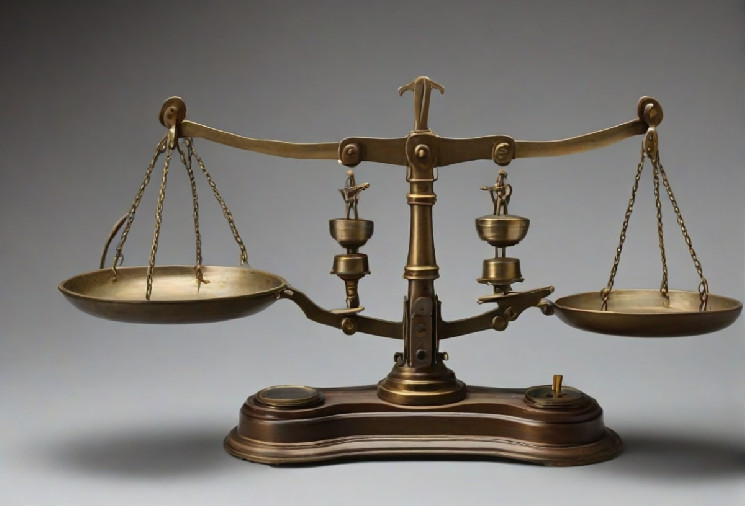Germany’s Deutsche Telekom is making moves in the world of Bitcoin mining, with its subsidiary Telekom MMS gearing up to join the mining game. Dirk Röder, the head of web3 Infrastructure and Solutions at Telekom MMS, hinted at these plans during a discussion at the BTC Prague conference in June.
On the other side of the globe, Chinese telecom company Coolpad is also stepping up its mining efforts with a substantial $13.6 million investment set to boost its operations in North America.
Röder’s subtle confirmation of Deutsche Telekom’s mining intentions marks a shift in the company’s approach to cryptocurrency. Despite restrictions on discussing Bitcoin in interviews just a couple of years ago, the company now operates nodes for Bitcoin and the Lightning Network.
In addition to their Bitcoin endeavors, Deutsche Telekom and T-Systems MMS are validators for various projects such as Polygon, Q, Flow, Celo, Chainlink, and Ethereum. The companies also hold tokens related to these projects and have teamed up with StakeWise for liquid ETH staking.
Coolpad’s recent filing with the Hong Kong Stock Exchange reveals its ambitious plans to increase hash power in North America. With an eye on the benefits of crypto mining and its alignment with Web 3.0 technology, Coolpad is poised to expand its investments to drive long-term profitability and diversify its business segments.
Having started mining in 2023, Coolpad has also made strategic investments in Cleanspark (CLSK) and BlackRock’s iShares Bitcoin Trust (IBIT). The company is exploring further opportunities in the crypto sector, including potential acquisitions of various spot Bitcoin ETFs and securities.
Both Deutsche Telekom and Coolpad’s ventures in cryptocurrency mining underscore the growing interest and involvement of telecom companies in the crypto industry. As they navigate these new frontiers, their initiatives may pave the way for broader adoption and integration of blockchain technology in the telecommunications sector.









